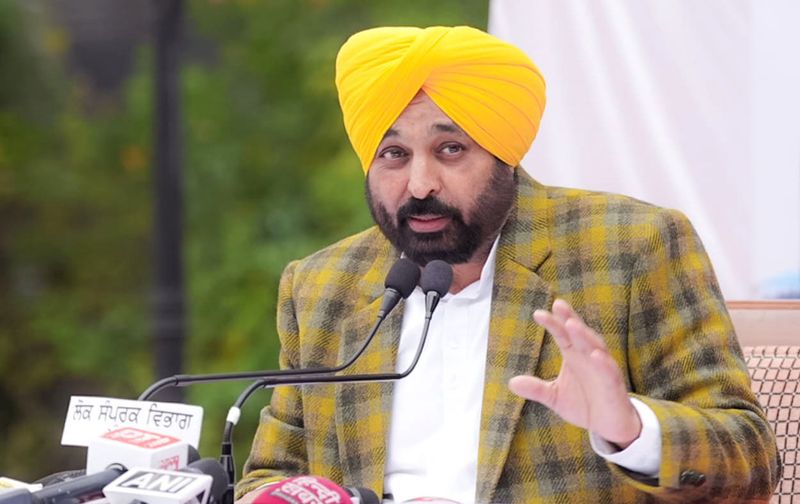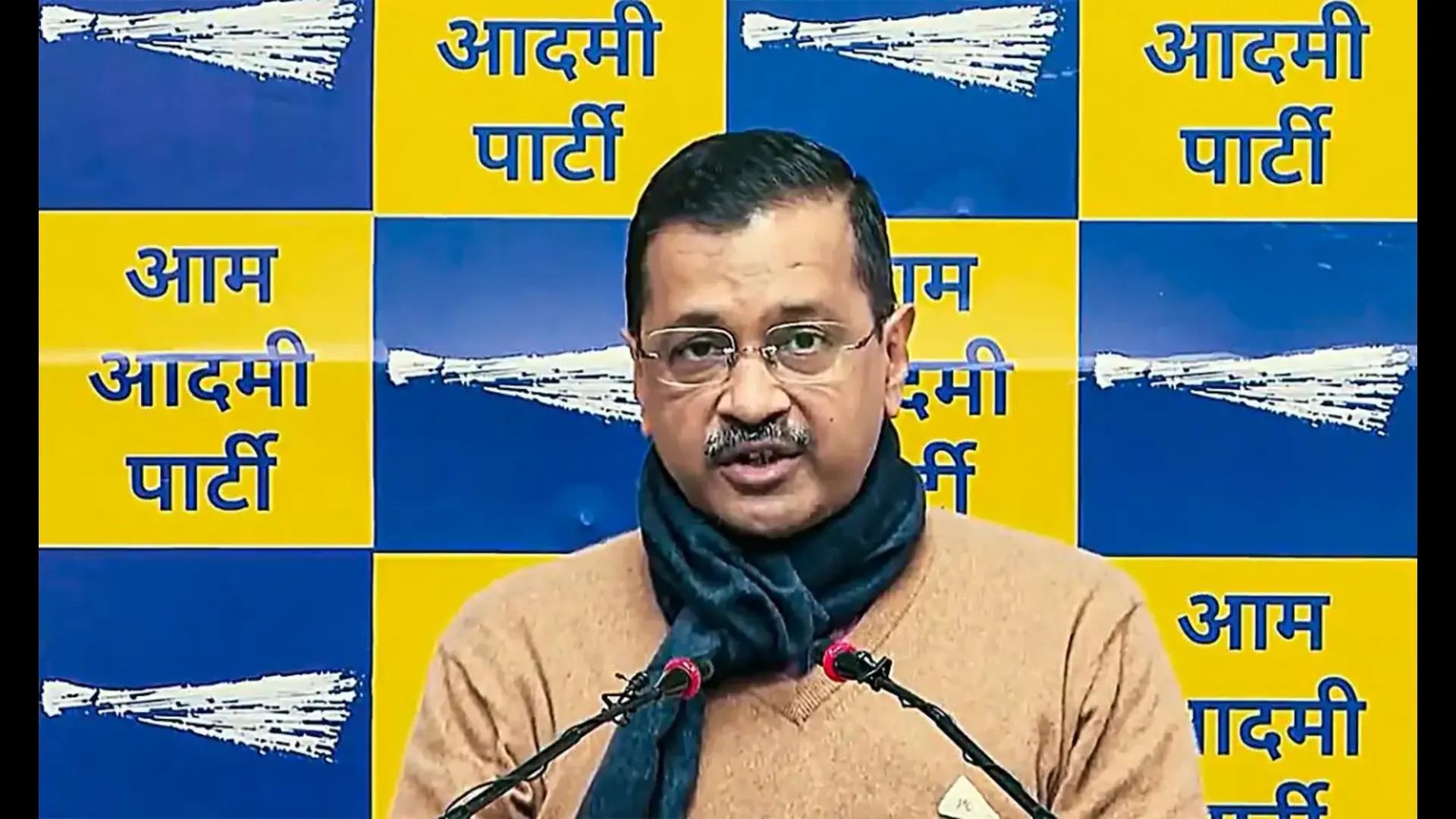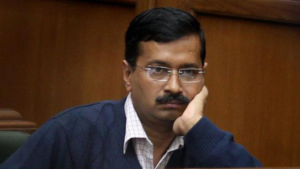The Rouse Avenue Court has granted Delhi Chief Minister Arvind Kejriwal additional time to file a rejoinder regarding the replies filed by the Enforcement Directorate (ED) on his two revisions against the summons issued to him. This comes after the ED issued summons to Kejriwal on two complaints.
“Special Judge Rakesh Syal, after hearing submissions of counsels appeared for Kejriwal, granted two weeks to file rejoinders and for arguments on revisions,” reports ANI. “The matters have been listed on May 14 for further hearing.”
Advocates Rajiv Mohan, Mudit Jain, and Mohd. Irshad appeared for Arvind Kejriwal, while N K Matta and Simon Benjamin represented the ED.
The delay in filing the rejoinders was attributed to Kejriwal’s arrest in the Delhi Excise policy case, with his legal team needing additional time to prepare. Kejriwal has been in custody until May 7.
“The ED has already filed replies to two revisions challenging the issuance of summons on the complaints filed by the Agency in the Delhi Excise policy case,” reports ANI.
Earlier, the court had refused to grant a stay on the summons issued to Kejriwal on complaints filed by the ED.
“Kejriwal has challenged the summons issued by the court after taking cognizance of two complaints filed by the ED for avoidance of the summons issued to him,” reports ANI.
Kejriwal’s legal team argued that there was no intentional disobedience on his part, as he had provided reasons for not appearing, including his responsibilities as the Chief Minister. They also argued that the trial court had issued summons hastily without considering Kejriwal’s responses.
On the other hand, the ED argued that intentional disobedience is a matter of trial and that Kejriwal’s actions, such as attending the CBI office but not the ED office, indicated intentional disobedience. The ED also stated that any person can be summoned in person under the Prevention of Money Laundering Act (PMLA).
“ASG S V Raju opposed the submissions by the counsels for the accused and submitted that whether disobedience is intentional or not is a matter of trial,” reports ANI. “This revision is against the order of summoning.”
In the first complaint, the Rouse Avenue Court had taken cognizance of the ED’s complaint against Kejriwal for not complying with the summons issued in the Delhi liquor policy money laundering case. The ED wants to record Kejriwal’s statement regarding the formulation of the policy and allegations of bribery.
“The AAP has accused the Lieutenant Governor of ordering a probe into alleged irregularities in the policy, leading to its scrapping,” reports ANI. “The then Delhi Deputy Chief Minister, Manish Sisodia, was arrested by the CBI in February in connection with the case.”













